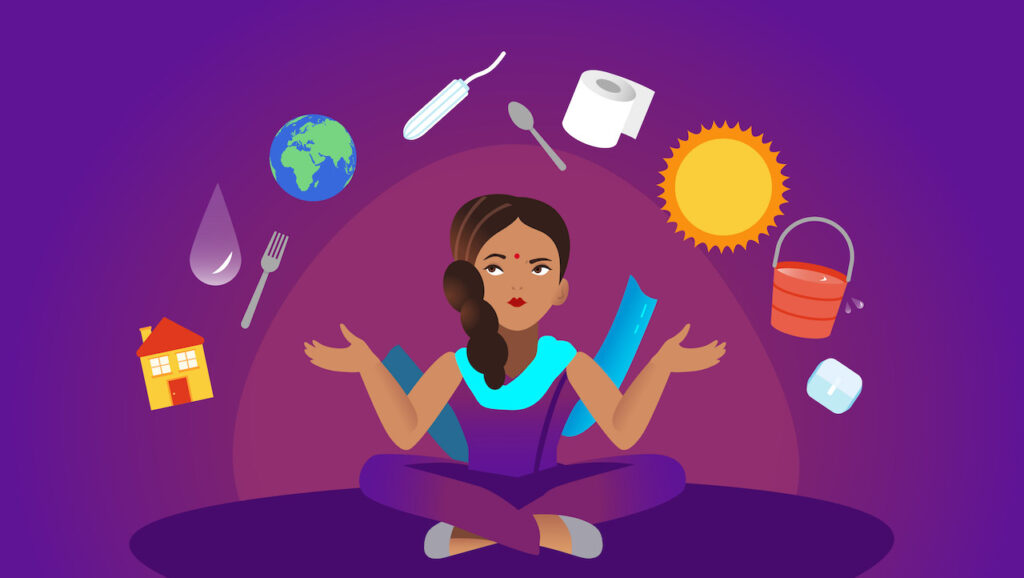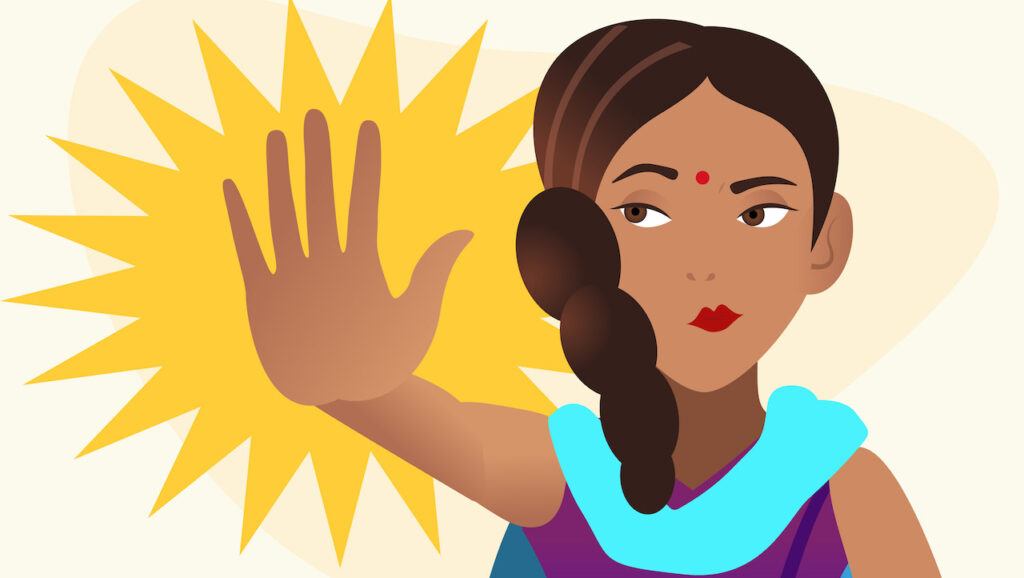Blogs
5 Humanitarian Crises That Aren’t on Your Radar
For our future to look better than the past few years of political unrest, global health crises, and climate disasters, we need to look at what’s happening beyond our borders. There’s so much that governments, policymakers, and individuals could be doing differently to address humanitarian crises that don’t always make the headlines.
Humanitarian crises affect you—whether you’ve lost your home due to civil war or you live in a newly constructed home in suburbia. You can make a difference, and knowing about the crises is where it begins. Here are five humanitarian crises that you can gain a better understanding of:
Displacement
Displacement is one of the most significant humanitarian crises affecting the world today. In 2022, over 100 million people were forcibly displaced due to conflict, persecution, and environmental disasters—the highest number ever recorded by the United Nations High Commission for Refugees (UNHCR).
Civil war, persecution, and natural disasters displace millions of people every year, creating a massive humanitarian crisis as families scramble to find refuge. These refugees often face significant challenges in their new homes, including difficulty accessing housing and health care, discrimination, and food insecurity.
There’s much more to displacement than losing the place you call home—a place where all your childhood memories were made or simply a place where you and your family felt safe. It has severe impacts on individuals, families, and communities, causing poverty, displacement-related illness and injury, mental health issues, and education disruption.

Climate Colonialism
Africa, though rich in natural resources, is the poorest continent in the world. Natural disasters—many of which are caused by our shifting climate—are disproportionately affecting African nations and islands in the Caribbean.
While developed countries profit from the natural resources of poorer countries, those same poor countries are bearing the brunt of increasingly frequent natural disasters caused by climate change and the resulting humanitarian crisis.
Inflation and Food Shortages
In countries like Sudan and Syria, inflation has skyrocketed by over 300%. In comparison, the US inflation rate reached 9.3% in June of 2022. Over the last few months, the internet has been flooded with information about affording the rising rates of inflation, but imagine one dozen eggs costing closer to $20, rather than $7.
Due to drought, wars, global supply chain issues, and poor infrastructure, hundreds of millions of people are facing food shortages around the world. This is especially true in countries like Yemen, where an almost decade-long civil war has caused famine and an outbreak of diseases like cholera and malaria.
Polluted Water Sources
Poor infrastructure leads to poor health. When people don’t have clean water to wash their hands or dispose of waste, the whole community struggles. Over 600 million people still practice open defecation—going to the bathroom in the streets, fields, or other open areas—contributing to water-borne diseases such as diarrhea, cholera, and dysentery.
Not only does this contaminate drinking water and soil, but it also hurts their educational opportunities and economy. If you’re constantly sick from drinking or cooking with dirty water, how are you going to attend school or keep a job?
If women and girls had access to a well in town, they could spend 27 more days in school, with their family, or at work, instead of walking 30 minutes to an hour for the nearest water source.
Bad sanitation is a vicious cycle, especially when mixed with few healthcare centers, poverty, gender discrimination, and lack of education. To you, a toilet might just be a necessity, but to the 2.3 billion people who don’t have one, it’s life-changing.
Gender Inequality
This is more than just a gender pay gap. It’s child marriage, female genital mutilation, and a lack of education and health care for women. Gender inequality is at the root of many world issues, from poverty to gender-based violence.
When women are denied opportunities or equal treatment compared to men, this isn’t just a personal problem—it’s an economic one. Studies have shown that when girls can contribute to the workforce, economic output increases by an average of 35%.
Women and girls in developing countries are set back every month by their period; consider the 500 million people who don’t have access to menstruation products and must use old cloth, leaves, and even ash to manage their periods.
When half of our world is allowed to live in safety, security, and freedom, all of us benefit.
Give the Gift of a Toilet With ZuLoo
Climate colonialism, inflation, food shortages, polluted water sources, and gender inequality—each of these humanitarian crises is connected to the other and it’s up to us to take action.
Serve your fellow humans by educating yourself on these issues, volunteering with local organizations, and getting involved with your community to empower those around you. Join the fight against poor sanitation by learning more about our work at ZuLoo, where we build toilets for those in need.
But it’s not just a toilet; it’s safety, comfort, a better chance at education, and so much more. Take a look at our 242 program, follow us on social media, and learn more about the crappy state of global sanitation on our Pōōdcast.

